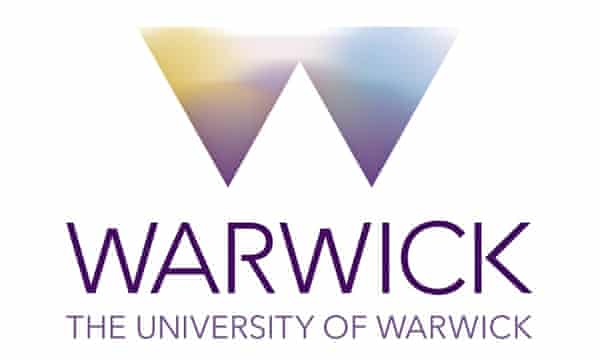University of Warwick Scientists Develop Virtual Marmite for World Marmite Day, Offering Groundbreaking Potential for Alzheimer’s Diagnosis
Scientists at the University of Warwick have produced virtual flavours of marmite and vegemite from scratch, using technology that can replicate the flavour of almost any food or drink and is being used in a new taste test to help with early Alzheimer’s diagnosis.
Professor Alan Chalmers, Professor of Visualisation at WMG, has created the virtual flavours for World Marmite Day (28th September) and can, through taking samples of a food and analysing it, accurately simulate a real flavour by extracting its tastes, aromas, and mouthfeel.
The analysis is done by New-Food Innovation, a high-tech food company. Once analysed the virtual flavours are created to accurately match the real flavour using UK Food Standards Agency approved food-safe chemicals.
The analyses/ investigations are all part of Professor Chalmers’ research, together with West Midlands company Superlunary Labs, into how people perceive taste and smell.
He is also investigating whether a poor performance on the new ‘taste test’ that he has developed, may be an early warning signs for diseases including dementia. This could lead to a much earlier diagnosis of diseases such as Alzheimer’s Disease, well before any memory loss starts to occur.
Professor Chalmers describes the flavour making process as the same as using a recipe – by accurately simulating the different components of a flavour, food such as marmite can be replicated with a taste indistinguishable from the real thing.
He commented: “We recreated the health drink rooibos tea and even the chief taster of a rooibos manufacturer in South Africa could not distinguish between the real and virtual rooibos.
“I first thought of creating the samples of marmite and vegemite for a bit of fun during the Ashes cricket tests this summer as people kept asking – what is the difference between them?
“It goes back to the serious work we’re doing which shows that people’s taste and smell can give us clues what’s going on in a person’s brain years before symptoms such as memory loss start”.
Malcolm Barnes from Superlunary Labs added: “We work alongside Professor Chalmers to ensure virtual flavours are delivered from an easy to use, hygienic and highly calibrated device for Chalmers’ team to analyse.’


